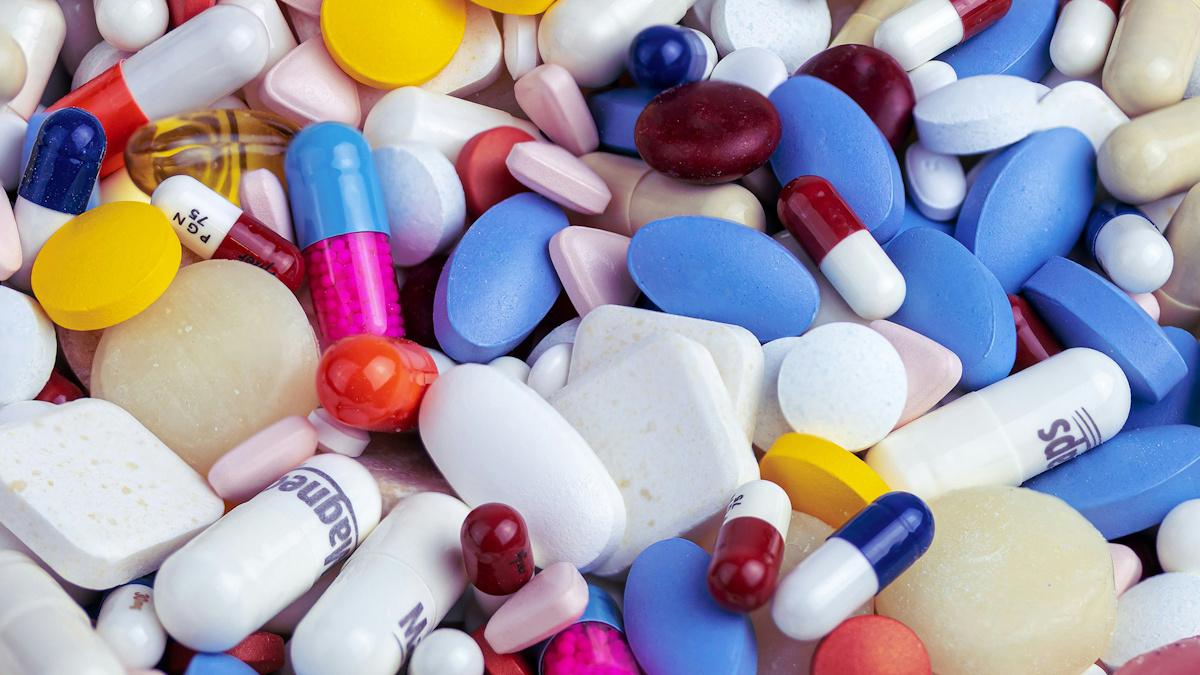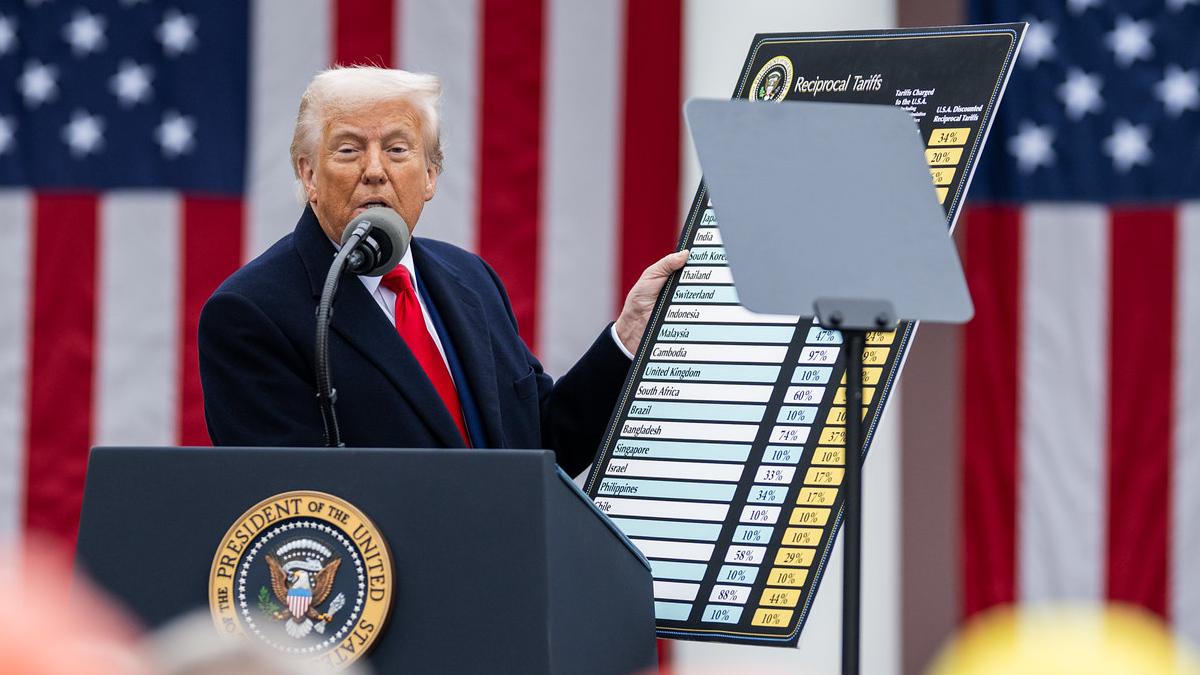US starts the clock ticking on pharma tariffs

The White House has launched a national security investigation into the national security implications of importing pharmaceuticals, viewed as a precursor step on the way to tariffs threatened by the Trump administration.
A Federal Register notice (PDF) filed by the Department of Commerce indicates that the 'Section 232' investigation started on 1st April and will include "both finished generic and non-generic drug products, medical countermeasures, critical inputs such as active pharmaceutical ingredients and key starting materials, and derivative products of those items" in its scope.
Section 232 probes aim to determine the effect of imports on the national security of the US, to see if restrictions should be imposed. Under US law there is a deadline of 270 days for the report to be delivered to the White House, but – given the notice indicates there will only be a 21-day comment period – there seems to be a greater degree of urgency in this process.
That ties in with comments made at the weekend by US Commerce Secretary Howard Lutnick, who said in an interview with ABC News that pharmaceuticals and semiconductors will come under the banner of 'sector tariffs' – outside the so-called reciprocal tariffs and not open to negotiation – and are intended to ensure that there will be reshoring of their manufacturing to the US.
"We cannot be relying on China for fundamental things that we need," Lutnick told the network. "Our medicines and our semiconductors need to be built in America."
Pharma has so far been exempted from Trump's tariff blitz, which imposed a flat rate of 10% on imports from 5th April and much higher levels on countries deemed to have the greatest trade surplus with the US, including a 145% rate on China, which has since responded with a 125% rate on US imports.
For some weeks, the US administration has said it plans industry-specific levies for some key industries, in a similar manner to the current situation for car, steel, and aluminium imports.
Last night, President Trump told reporters gathered in the Oval Office: "We don't make our own drugs […] anymore. The drug companies are in Ireland, in lots of other places – China – and all I have to do is impose a tariff. The more, the faster they move here."
He added that there is a timeline for those tariffs and they will be imposed in the "not too distant future."
In 2024, the US imported $213 billion of medicinal products – around two and a half times the total a decade earlier – with countries like China and India acting as major suppliers of ingredients and generic medicines.
Analysts at ING have warned that the near-term result of pharma tariffs will be higher prices for medicines in the US, particularly generics, and could lead to access issues as, for some low-volume generics, there may be no domestically-made equivalents and overseas producers may be unwilling or unable to shift manufacturing to the US.
Photo by Myriam Zilles on Unsplash












